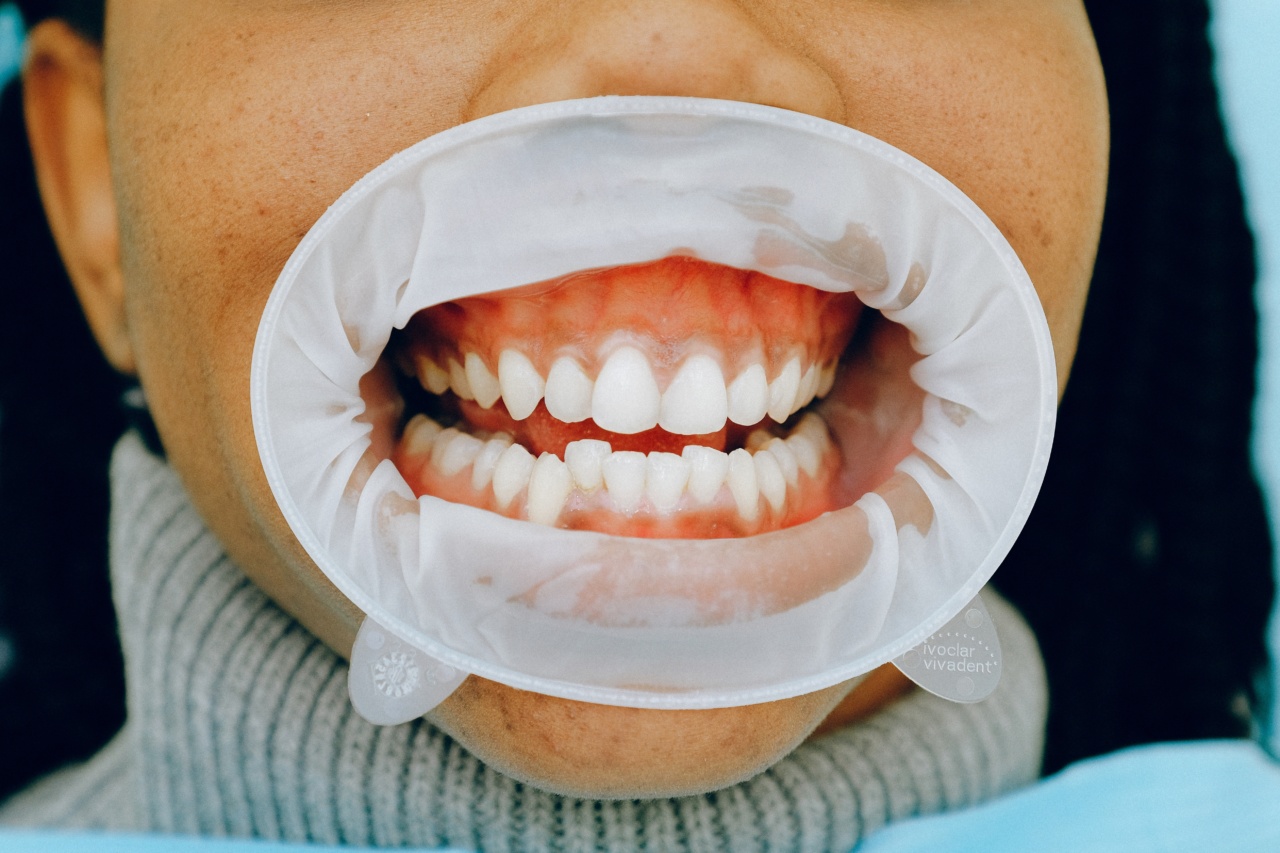Our mouths play a crucial role in our overall health and well-being. They are the gateway to our digestive system and have the ability to provide valuable insights into our health.
Not only can oral health issues indicate underlying health problems, but they can also serve as early indicators for serious conditions that require immediate attention. In this article, we will explore various mouth-related health issues that can help unveil many hidden health concerns.
1. Bad Breath – Not Just a Social Embarrassment
Bad breath, medically known as halitosis, is more than just an unpleasant odor. It can also be an indication of underlying health problems.
Poor oral hygiene, gum disease, dry mouth, and certain medical conditions like diabetes, respiratory tract infections, and liver or kidney problems can all contribute to chronic bad breath. Furthermore, persistent bad breath can also be related to gastrointestinal issues such as acid reflux and indigestion.
2. Pale or Swollen Gums – Indicators of Illness
The color and condition of our gums can provide valuable clues about our health. Pale or white gums may be a sign of anemia, a condition caused by a deficiency of red blood cells or hemoglobin.
On the other hand, swollen and inflamed gums can indicate gum disease, which not only affects oral health but has also been linked to cardiovascular disease, diabetes, and other chronic conditions.
3. Mouth Ulcers – More than Just a Sore
Mouth ulcers, commonly known as canker sores, are shallow, painful lesions that can appear on the inside of the mouth, on the tongue, or on the lips.
While stress, injury, or certain foods can trigger these sores, recurrent and persistent mouth ulcers might be a symptom of an underlying health condition such as a weakened immune system, nutritional deficiencies, or inflammatory bowel diseases like Crohn’s disease or ulcerative colitis.
4. Dry Mouth – A Warning Sign
A dry mouth is not only uncomfortable but can also be an indicator of an underlying health issue. Medications, stress, aging, and autoimmune diseases like Sjogren’s syndrome can all contribute to dry mouth.
Additionally, dry mouth can be a side effect of certain medical treatments like radiation therapy for head and neck cancers. If left untreated, dry mouth can increase the risk of tooth decay, gum disease, and oral infections.
5. Persistent Oral Infections – A Red Flag
Oral infections such as frequent gum infections, tooth abscesses, and recurring oral thrush can be more than just isolated issues. They can be symptoms of underlying health problems such as diabetes, HIV/AIDS, leukemia, or other immune disorders.
Certain medications that suppress the immune system, like corticosteroids, can also increase the risk of oral infections.
6. Teeth Grinding – A Sign of Stress
Teeth grinding, medically known as bruxism, is a common habit typically associated with stress and anxiety. However, excessive teeth grinding can lead to various oral health issues such as tooth sensitivity, jaw pain, headaches, and even tooth loss.
Moreover, it can be a symptom of sleep disorders, like sleep apnea, which can significantly affect overall well-being if left untreated.
7. Oral Cancer – Early Detection is Vital
Oral cancer can affect any part of the mouth, including the lips, tongue, cheeks, and throat. Early detection is crucial for successful treatment.
Any persistent mouth or throat sore, difficulty swallowing or chewing, changes in voice, or unexplained oral bleeding should be evaluated by a healthcare professional. Risk factors for oral cancer include tobacco use, excessive alcohol consumption, and exposure to human papillomavirus (HPV).
8. Metallic Taste in the Mouth – A Warning Sign for Systemic Conditions
A persistent metallic taste in the mouth can be an indication of systemic conditions. It can be related to medications, such as certain antibiotics, antihistamines, or blood pressure medications.
However, it can also be a symptom of more serious conditions such as kidney or liver disease, acid reflux, or even neurological disorders like multiple sclerosis. If you experience a metallic taste for an extended period, it is essential to consult a healthcare professional for a thorough evaluation.
9. Tooth Erosion – Indicators of Dietary Habits
Tooth erosion, the gradual wearing away of tooth enamel, can reveal the impact of certain dietary habits.
Consumption of acidic foods and beverages like citrus fruits, sodas, and energy drinks, as well as frequent vomiting associated with conditions like bulimia or GERD, can contribute to tooth erosion. Tooth erosion not only compromises the appearance and structure of teeth but also increases the risk of tooth sensitivity, cavities, and other dental problems.
10. White Patches or Lesions – Potential Warning Signs
White patches or lesions in the mouth, known as leukoplakia, may develop due to chronic tobacco use, alcohol consumption, or irritation from ill-fitting dental appliances. While most cases are harmless, some patches can be precancerous or cancerous.
Any persistent white patches, particularly those that cannot be easily scraped off, should be examined by a healthcare professional to rule out the possibility of oral cancer.





























